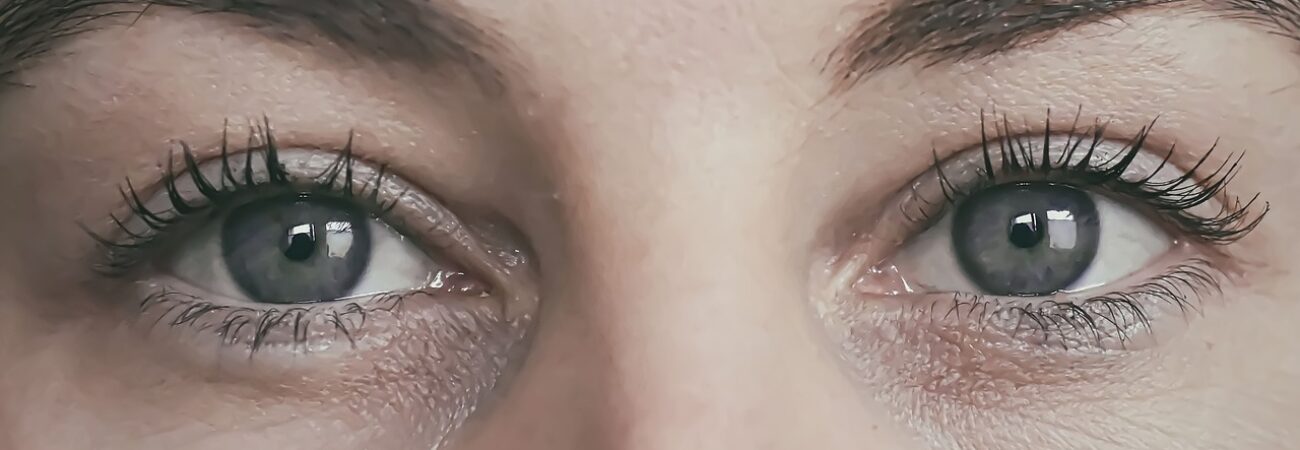Having itchy, red eyes can be quite unsettling. While sore eyes might be your first thought, numerous factors can cause similar symptoms.
By identifying the signs and symptoms of sore eyes, you can take better control of your eye health. We can help you understand their causes, provide preventive measures, and offer treatment options if they occur.
What are Sore Eyes?
Sore eyes, often called conjunctivitis or pink eye, is a common eye condition caused by contagious viral infections. These infections are similar to those that cause colds and sore throats. It spreads easily through close contact with infected individuals, especially when people touch their eyes after contact.
This condition results in the inflammation of the conjunctiva, a thin, clear membrane protecting the inner surface of your eyelids and the white part of your eyes (the sclera).
Signs and Symptoms of Sore Eyes
Knowing the signs of sore eyes can help you catch them early and get treatment. Here’s what to look out for:
- Redness: This is a common symptom, caused by inflamed blood vessels in your conjunctiva.
- Gritty feeling: Your eyes may feel gritty or as if there’s something stuck in them.
- Watery discharge: Your eyes may water more than usual, especially if caused by an infection.
- Itchiness: Your eyes may be itchy, making you rub your eyes frequently.
- Sensitivity to light: You may become too sensitive to bright lights, feeling uncomfortable or even in pain.
Sore Eyes Vs Other Related Eye Conditions
| Eye Condition | Description | Symptoms | Differences from Sore Eyes |
| Allergies | Immune system response to allergens (pollen, dust or pet dander) | Itchy, watery eyes, redness and sneezing | Both involve redness and irritation, but allergies often include itching and watery eyes, which are less common in sore eyes. |
| Dry Eyes | Insufficient tear production due to ageing, hormonal changes or medication | Dryness, burning, scratchy feeling | Both share symptoms like burning and dryness, but sore eyes can also result from strain and fatigue, not just tear production issues. |
| Blepharitis | Inflammation of the eyelid margins because of bacterial infection or clogged glands | Red, swollen eyelids, flaky skin | Blepharitis involves more pronounced eyelid inflammation and flaky skin, while sore eyes are generally more about discomfort and redness in the eye itself. |
| Stye | Infection of an eyelid gland due to poor hygiene or bacterial infection | Painful, red bump on eyelid, tenderness | A stye is characterised by a localised painful bump on the eyelid, while sore eyes typically involve diffuse discomfort without a specific painful bump. |
Recognising how sore eyes differ from other eye-related problems can help you prevent and treat them.
5 Tips on How to Prevent Sore Eyes
1. Wash Your Hands Often
Research shows that dirty hands spread germs. Although germs are invisible, they can irritate your eyes and cause infection if you rub your eyes with unwashed hands. To prevent this, regularly wash your hands thoroughly with soap and water.
2. Don’t Share Personal Items
Avoid sharing eyewear, makeup brushes, handkerchiefs, or towels. Sharing these items can spread bacteria and cause eye infections. Use your own items to stay hygienic and protect your eye health.
3. Clean Your Used Items Regularly
Regularly wash clothes, towels, pillowcases, and anything that may have come in contact with someone with sore eyes. This simple step helps remove the microbes and prevents the spread of infections.
4. Protect Your Eyes Outdoors
On windy days, wear eyeglasses or sunglasses. This creates a barrier to protect your eyes from allergens like pollen and dust particles in the air, reducing irritation and the risk of infection.
5. Disinfect Surfaces
Regularly disinfect high-touch surfaces like doorknobs, keyboards, counters and handrails. For disinfection, a diluted bleach solution can be effective, but always follow recommended dilution ratios and wear gloves for protection. This helps maintain a clean environment and reduce the risk of germs.
Treatment Options for Sore Eyes
- Artificial Tears: Use over-the-counter lubricating eye drops to soothe irritation and flush allergens, up to three times a day. Consider preservative-free options for frequent use.
- Antihistamine Eye Drops: For seasonal allergies and itching, try over-the-counter antihistamine eye drops.
- Decongestant Eye Drops: Reduce redness with decongestant eye drops, but limit use to three days to avoid rebound redness. Discuss alternatives with your ophthalmologist or optometrist, if you have a brimonidine allergy.
- Cold Compresses: Apply cool compresses or flannels to closed eyelids several times a day for relief.
- Avoid Triggers: Stay away from smoke, fumes, pollen, dust, chlorine or pet dander. Consult an allergist to identify specific allergens.
- Humidify or Dehumidify: Use a humidifier to increase moisture or a dehumidifier to reduce it, depending on the cause of your red eyes. Clean mould from your home if it triggers your allergies.
Remember: While these remedies can offer relief, if symptoms persist for a week or more, consult your optometrist for diagnosis and appropriate treatment.
EyeSelect Care For Your Eyes
Taking care of your eyes is crucial for maintaining good vision throughout your life. Proper hygiene habits, as mentioned, can significantly reduce your risk of sore eyes and other conditions like phoria and astigmatism.
Our team of optometrists at EyeSelect is dedicated to provide comprehensive optometry services. We offer routine eye examinations, contact lens fittings, expert diagnosis and treatment of various eye conditions.
Explore our blog posts packed with valuable tips to keep your eyes healthy and your vision sharp. To schedule an eye check-up, make an appointment with us today. We look forward to welcoming you and helping you achieve optimal eye health.





